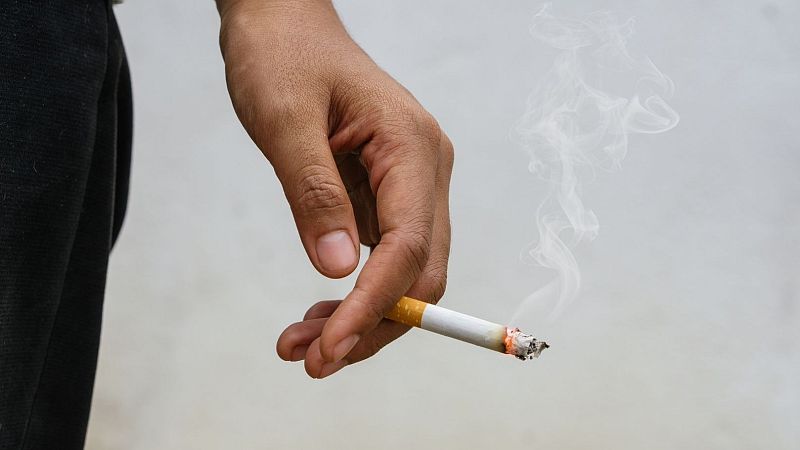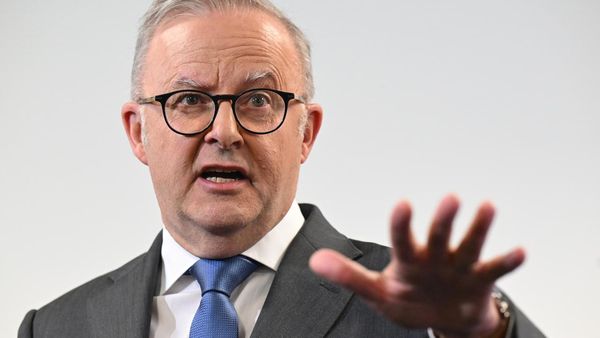
Smokers in the Netherlands pay more for cigarettes than almost anywhere else in the European Union – and the country hiked taxes again last year, to the delight of public health and anti-smoking advocates.
But new research indicates that raising tobacco taxes may no longer work in small, wealthy countries where people can easily cross borders to load up on cheaper products abroad.
After the Netherlands increased prices by 24 per cent on cigarettes and 45 per cent on rolling tobacco in 2024, about 7 per cent of smokers quit, according to the analysis from the Dutch public health agency.
Meanwhile, 22 per cent of smokers cut down on cigarettes and 14 per cent switched to a cheaper brand.
But many smokers simply looked across the border to get their fix. Dutch smokers bought an estimated 60 per cent of their tobacco products in other countries after the tax was introduced, the study found, up from 40 per cent in 2023 and 30 per cent in 2020.
“Policy must focus on reducing purchases of tobacco products made abroad,” the agency said.
It recommended restrictions on the number of cigarettes and other tobacco products that can be brought into the country. The health agency also wants excise taxes on e-cigarettes to make it less likely that young people will become addicted to vaping before switching to traditional cigarettes.
Where do tobacco taxes work?
The World Health Organization (WHO) says raising tobacco taxes is one of the fastest ways to curb smoking and other tobacco use, which kill more than eight million people worldwide every year.
The WHO recommends a minimum tax rate of 75 per cent.
Price controls appear to be more effective in lower-income countries, where tobacco taxes were associated with a 9 per cent reduction in cigarette smoking between 2014 and 2020, according to a study published last year. In wealthy countries, taxes were tied to a 6 per cent decline.
The latest data from the Netherlands indicates that “given the availability of cheap tobacco from abroad, the price policy is becoming less and less effective,” the Dutch health agency said.
“As long as tobacco prices in neighbouring countries do not increase, the [agency] expects that the share of people who quit or attempt to quit will decrease”.
That could soon change. The European Commission, the EU’s executive body, is reportedly considering raising taxes on rolling tobacco by 258 per cent and on cigarettes by 139 per cent, amid pressure from member states to tackle tobacco consumption.
Last year, the Netherlands and 15 other countries urged the Commission to act on an EU-wide basis, saying the wide variation in tax rates across the bloc is undermining its single market.
Across the EU, taxes on a 20-pack of cigarettes range from €1.92 in Bulgaria to €9.92 in Ireland, according to a 2024 analysis from the Tax Foundation.
The Netherlands has the second-highest tax rate, at €7.66.







